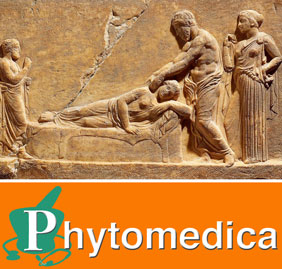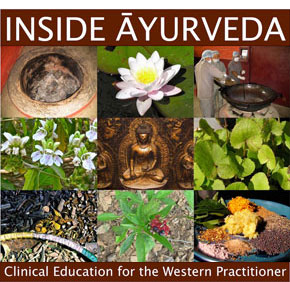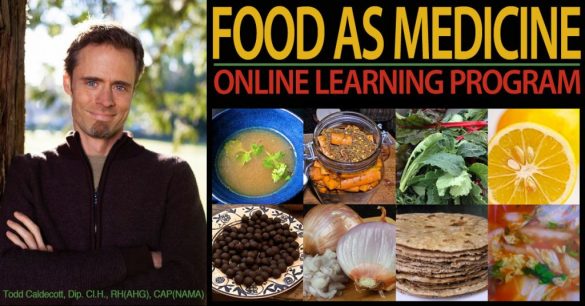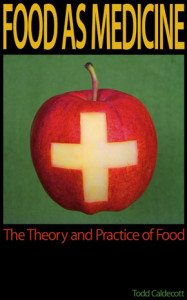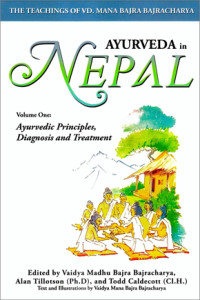Last week I reviewed the issue of antibiotic resistance, and why unlike the perspective held by government, the medical profession and industry, I do not believe the issue is simply a technical problem that can be solved by finding the latest and greatest drug. Such a fantasy underlies much of what unfortunately motivates us as a species, that what we're looking for is just around the corner, instead of seeing the opportunities all around us. It is this same fantasy that drives drug development, and medical innovation is part and parcel of that which drives the economy, which itself is predicated on limitless, unending growth. The great irony, of course, is that this aspiration of growth is exactly the same as that held by cancer, a disease which is now the leading cause of death in countries such as Canada. But think of the cancer cell for just a moment: ignorant and naive, just a-trying to be the best little cancer cell it can be. It's all a matter of perspective: on the one hand, a … [Read more...]
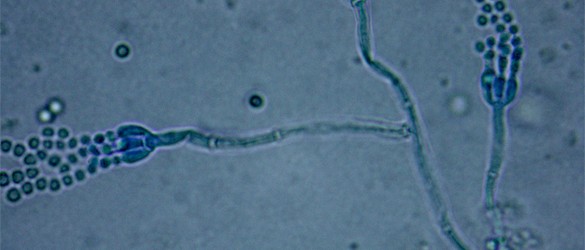
Antibiotic resistance: a herbalist’s perspective (1)
If you have been keeping abreast of science news as of late, you might have come across a recent article published in the journal Nature, which again raises the emerging specter of antibiotic resistance. In a nutshell, antibiotic resistance describes a phenomena in which bacteria that were formerly susceptible to antibiotics are now resistant to them. Antibiotics were developed in the early 1900s, first with the development of the sulfonamides in the 1930s, the penicillins in the 1940s, shortly followed by an ever-growing list of antibiotics, including the tetracyclines, glycopeptides (e.g. vancomycin), metronidazole, cephalosporins (e.g. cefadroxil), and fluoroquinolones (e.g. ciprofloxacin). The development of antibiotics has been hailed as one of the great achievements of modern medicine, but as a herbalist, I have always found the boastful crowing of advocates rather high-pitched, particularly as how I have treated many cases of serious infection using methods that predate Western … [Read more...]
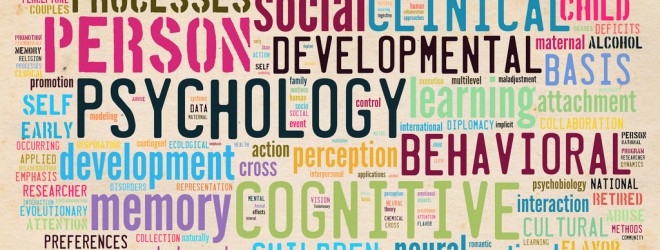
Q&A: the psychology of disease
How important is dealing with pyschological/emotional issues when dealing with disease/illness and what is the most effective way to go about this? In Ayurveda it is said that all disease is psychosomatic in nature, and that all of the suffering we bring upon ourselves is the way we react to it, engaging in behaviors that bring about more suffering, rather than practicing those that alleviate it. For example, if someone is angry at us, do we respond with anger, or do we try to find a way to resolve the conflict in a peaceful manner? Or, if we injure our ankle while playing sports, do we continue playing or do we sit out the game and attend to healing? In the ancient Indian text called the Katha Upanishad, the human life is likened to a horse-drawn chariot, with the charioteer being the mind, the horses our senses, and the road our actions. If the horses go down the wrong road, is it the fault of the horses? No - it is the responsibility of the person driving the chariot, or in … [Read more...]


